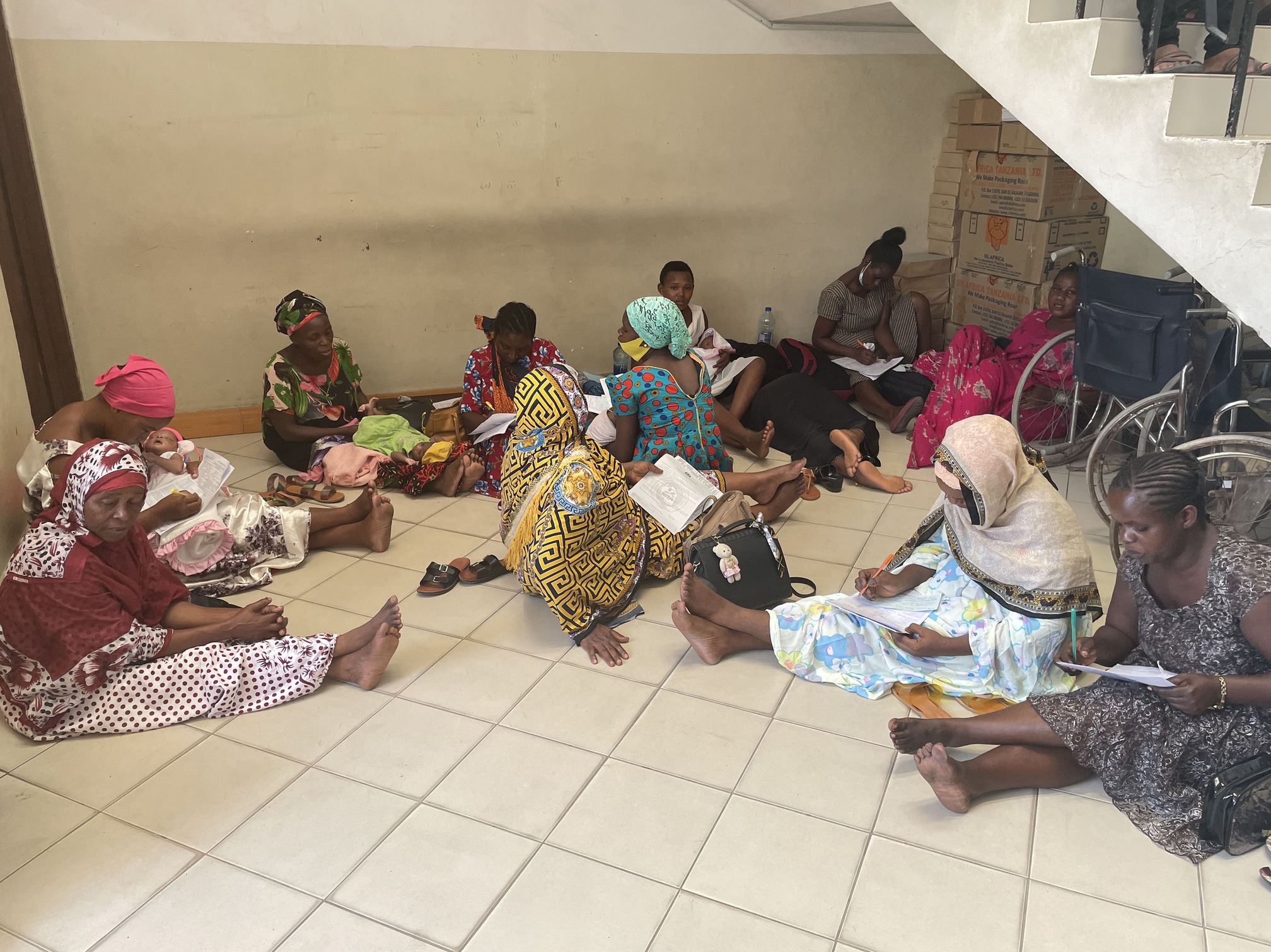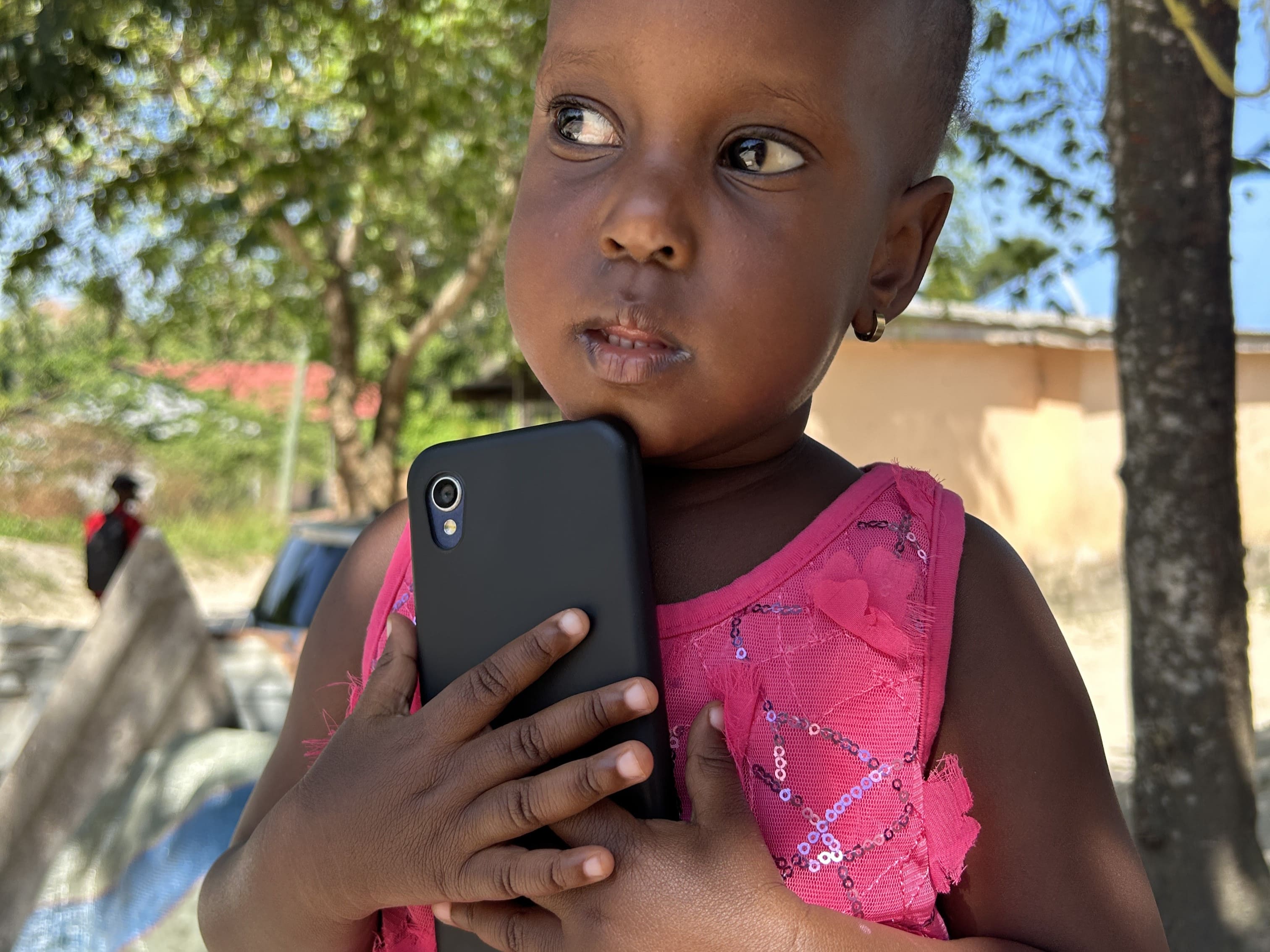Tanzania, a country in Eastern Africa, far away from Japan.
For many Japanese people, Tanzania brings to mind vast national parks, wildlife, the majestic Kilimanjaro, and cheerful people living peacefully. But are the people living in Tanzania really enjoying cheerful days?
Unfortunately, Tanzania faces significant challenges in ensuring the health of mothers and children. Compared to Japan, the maternal mortality rate is 100 times higher, the newborn mortality rate is 20 times higher, and the under-five mortality rate is 25 times higher. Women in Tanzania are constantly faced with the fear of health risks and the potential loss of life during pregnancy, childbirth, and childcare.
Challenges Facing Mothers and Children in Tanzania

In Tanzania, many mothers and children cannot receive the necessary healthcare, leading to high maternal and infant mortality rates. The country faces challenges with the quality of healthcare, underdeveloped infrastructure, and cultural barriers.
But why are these deaths occurring?
Healthcare Quality
Issues
As a lower-middle-income country, Tanzania still lacks sufficient medical resources. The number of doctors and midwives is far too low relative to the number of mothers and children, making it difficult to provide adequate care for each individual.
Additionally, there is a shortage of medical equipment
such as ultrasound machines and vaccines, and many
mothers cannot afford the necessary tests and
treatments.
Source: World Bank Report 2020
Infrastructure
Problems
One reason mothers do not go to medical facilities is the lack of transportation or inability to afford it. The infrastructure in Tanzania is still underdeveloped. Can a pregnant woman or a mother carrying a child safely travel on unpaved roads?
Even in emergencies, there is no means to transport patients to higher-level facilities. Even if there is a vehicle in the village, it cannot run without petrol. Lives that could have been saved are lost due to the underdeveloped infrastructure.
Education, Culture,
and Customs
Many women in Tanzania lack sufficient education and do not have basic knowledge about pregnancy, childbirth, and childcare. As a result, they cannot respond appropriately to the risks associated with pregnancy, childbirth, and childhood illnesses.
Moreover, in some regions, there is a deep-seated mistrust of Western medicine and modern healthcare, leading to a preference for home births, which carry higher risks. The lack of recognition of the importance of medical facilities also prevents mothers from receiving proper medical care.
Tanzania’s population is growing at a remarkable pace, and in the next 30 years, it is expected to more than double, surpassing 130 million.
As the number of mothers and children continues to rise, building a fully developed support system and a society that can accommodate them will take time.
At the same time, smartphones have become a part of daily life for most mothers in Tanzania, making digital access more widespread than ever.
With the rise of digital technology, we have an opportunity to create new solutions. How can we use this moment to make a real difference?
The Future for Mothers Enabled by Technology

Among the 31% smartphone ownership rate across Tanzania, 97.5% are in the 18-34 age group, which includes mothers. Many mothers live with smartphones in Tanzania.
With a 72% penetration rate of mobile payment systems making money transactions easy, and ride-hailing services like Uber and Bolt becoming major means of transportation in urban areas, the lifestyle in Tanzania is changing with digital technology.
MomNest is creating a future for mothers through the power of technology.
For more details on our activities, click here → WHAT WE DO
Support
with Donations
Learn more about individual supporters and corporate sponsors
Click the button below for details
Instead of one meal out, support the future of mothers. For companies considering CSR, contribute to the future of Africa.
DonateYour donations create a future for Tanzanian mothers
Your support is the first step to creating a 'nest' for
mothers.
For mothers living with difficulties and anxieties,
To expand the MomNest circle worldwide,
Please support us.
Thank you for supporting us!
